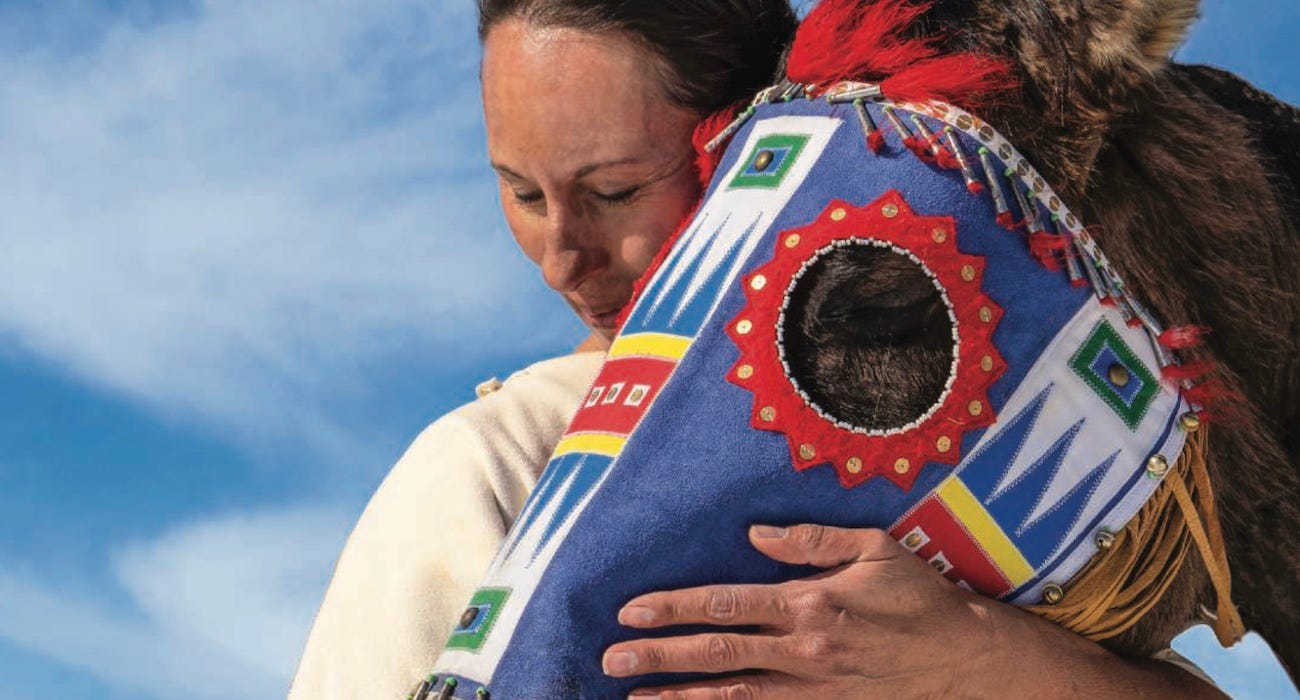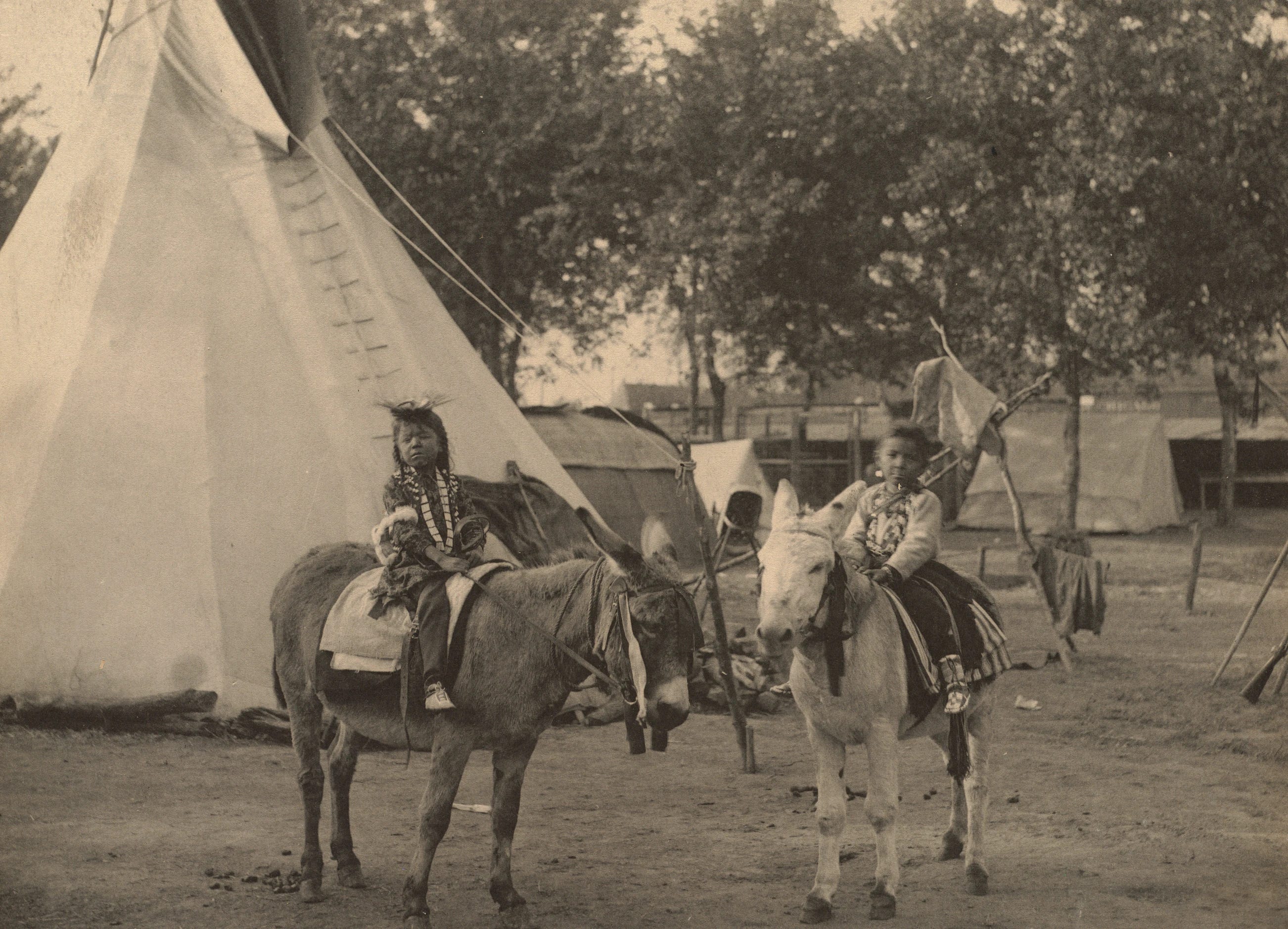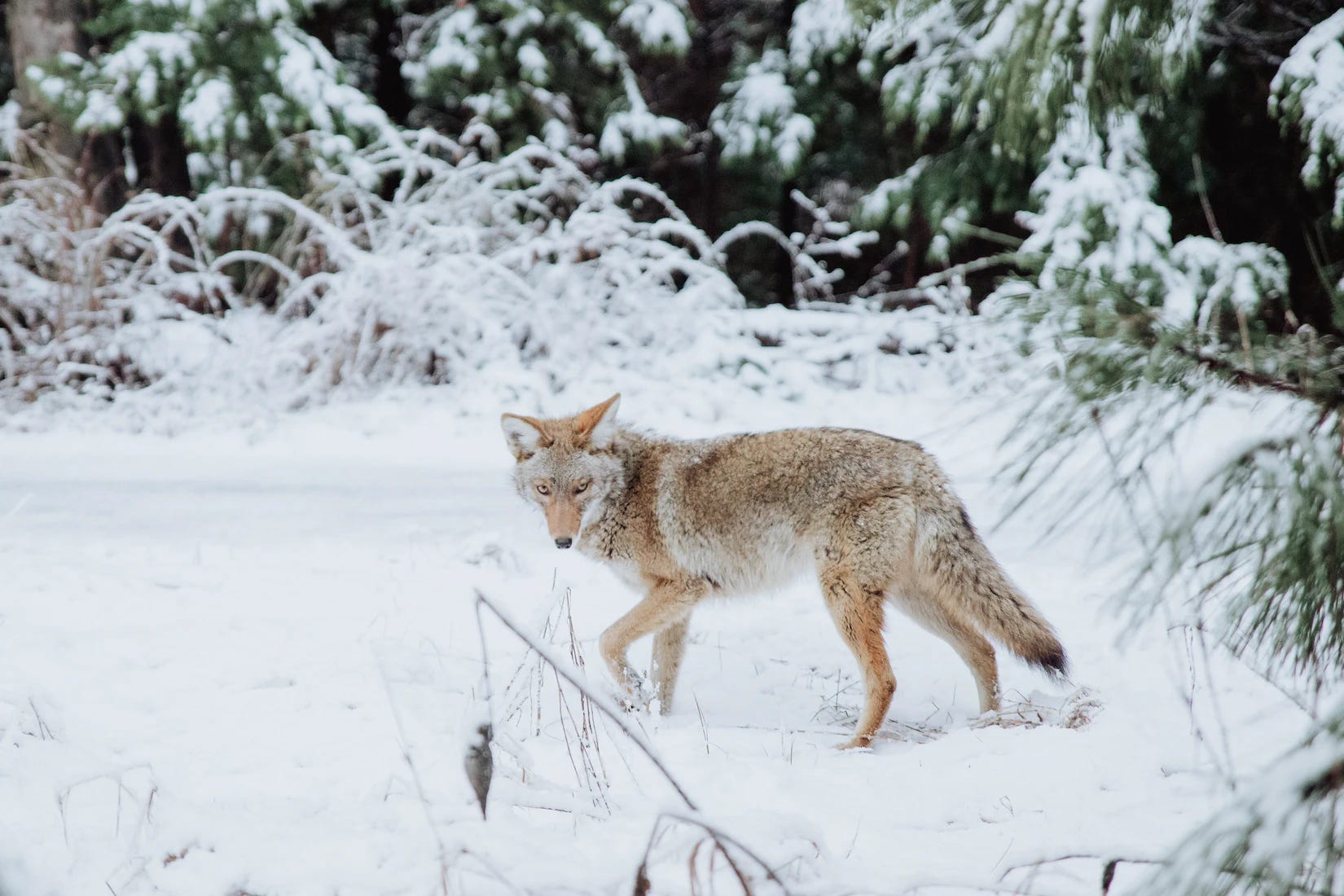Restoring Biodiversity - 6/6/2023
North America's early history with horses. And how Indigenous people intereacted with them. Elk numbers and how our forests play a role. And more….
Thank you for subscribing to the Pitchstone Waters weekly newsletter.
Here is what we’ve been reading, watching and writing about this week…
Articles

Horse Nations
Coming home: As discussed below, “Horses evolved millions of years ago in North America and, after spreading to Eurasia and Africa, went extinct in their homeland at the end of the last ice age. Along with nearly 40 other species of megafauna, from saber-toothed tigers and mammoths to camels, they were wiped out by hunting, climate change, or both. Spanish and British colonizers brought (horses) back.”

Early Dispersal of Domestic Horses Into the Great Plains and Northern Rockies
Are horses native to, or so-called “invasive exotics“ in North America?
As discussed below, “Horses were deeply integrated into Indigenous (American Indian) societies before the arrival of 18th-century (1700’s) European observers, as reflected in herd management, ceremonial practices, and culture.
“This study established that Indigenous peoples were living and interacting with the horse before the Pueblo Revolt of 1680 CE, which was the earliest date accepted by Western science.”
“One possible implication of this finding is that relationships of the kind developed by Lakota peoples could have already been in place by the Late Pleistocene (14,000 BCE). Such life management practices may even have extended to other members of the horse family at that time.”
Videos

Wolf Caught Swimming Off Remote Part of Vancouver Island
A British Columbia woman was on a boat at the right time and managed to see a wolf swimming near Kyuquot Sound off the coast of Vancouver Island.

How Predators and Forest Management Affect Elk Numbers
Elk numbers around Yellowstone Park have declined over recent decades. This is usually blamed on wolves and bears. But according to this video, forest management probably plays a larger role.
—
And that’s it - as always thank you..
if you haven’t already - please check out our views on biodiversity at https://pitchstonewaters.com/blog/
Please pass along, and if you if you received this from a friend - consider subscribing below.
